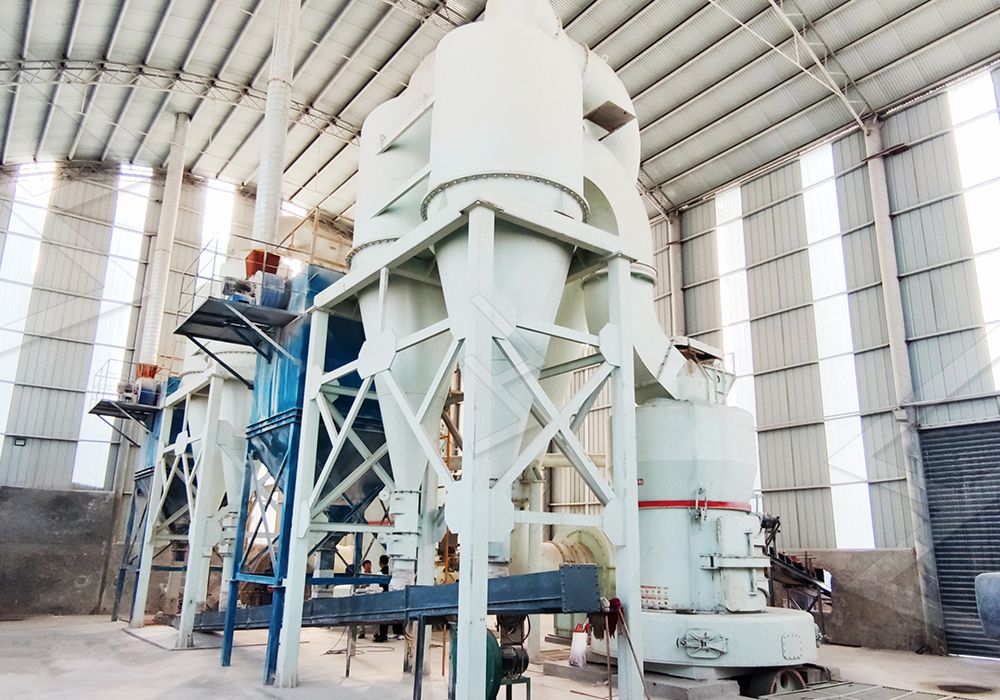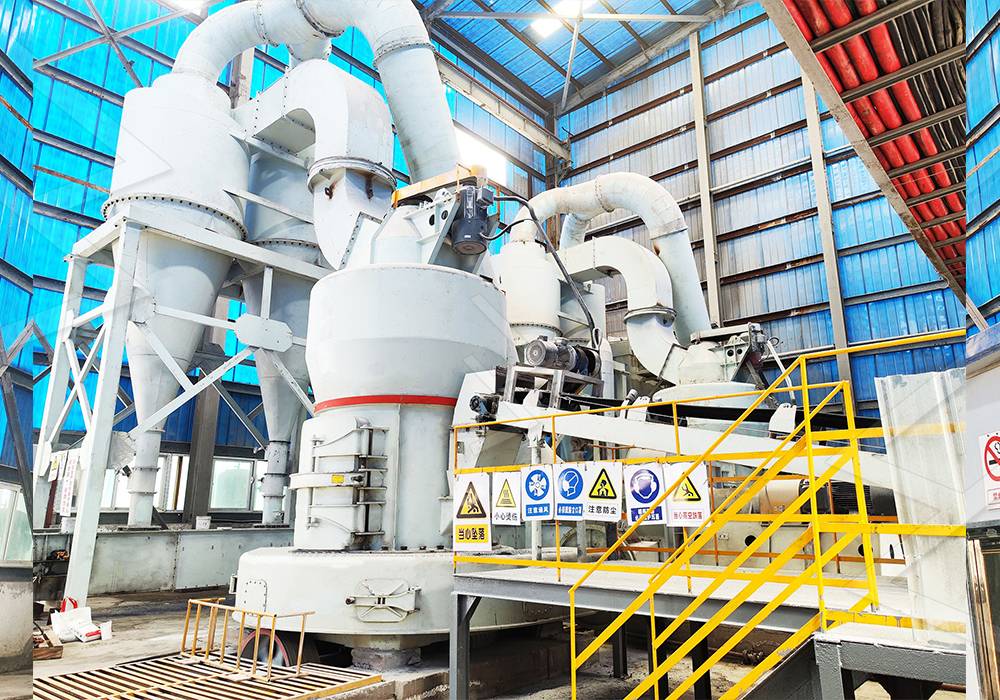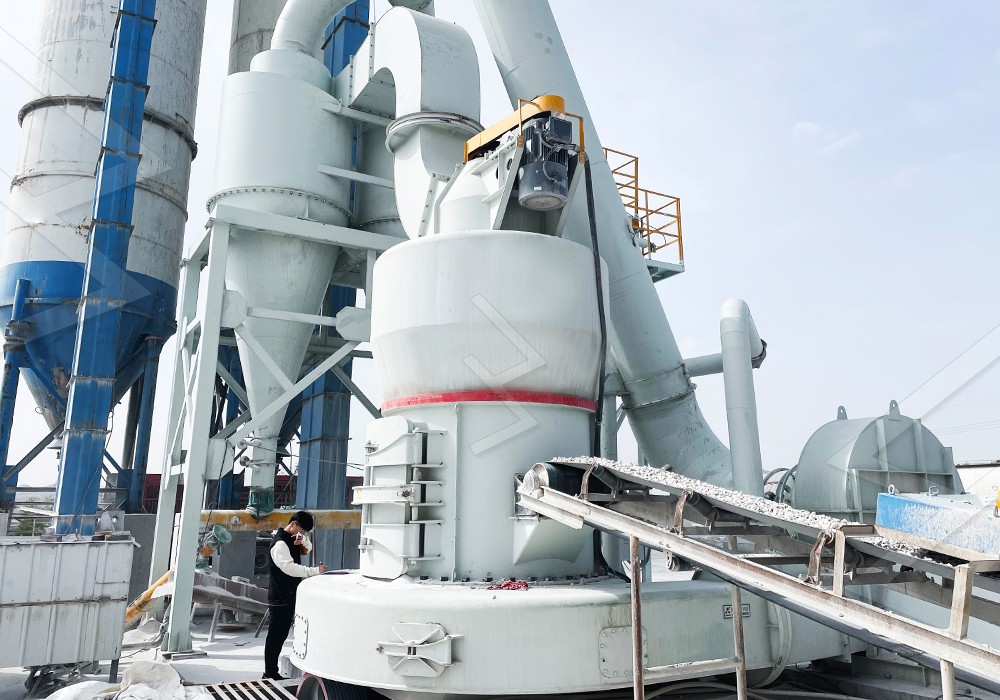Industry News
phosphate rock grinding mill selection guide for fertilizer industry
2025-09-28 09:14:35
We are Liming Heavy Industry, a manufacturer of various types of industrial crushers, such as Raymond Mill, Trapezoidal Mill, Vertical Mill, Ultrafine Mill, Ball Mill, etc.
Our mills can process the following minerals:
limestone, quicklime, kaolin, talc, barite, bentonite, calcium carbonate, dolomite, coal, gypsum, clay, carbon black, slag, cement raw materials, cement clinker, etc.
If you need a mill to process stone or minerals into powder, please feel free to contact me (WhatsApp: +86 153 3380 7511). Thank you.
Phosphate rock is a key raw material in the production of phosphate fertilizers, which play a vital role in global agriculture. To maximize its effectiveness in fertilizer formulations, phosphate rock must be ground into fine powder with precise particle size distribution. Selecting the right grinding mill is essential to ensure efficiency, cost-effectiveness, and product quality in fertilizer manufacturing.

When processing phosphate rock, several factors must be considered in equipment selection. The required fineness is one of the most important. In the fertilizer industry, typical requirements range between 80–325 mesh, which ensures better solubility and reaction efficiency during fertilizer production. A mill that can deliver consistent output within this range is crucial.
Another key factor is production capacity. Fertilizer plants often operate on large scales, and grinding equipment must match output requirements without causing excessive downtime. A stable, high-throughput mill helps maintain continuous production lines and minimizes operational costs. Energy consumption also plays a significant role in the decision-making process, as grinding is one of the most power-intensive steps in fertilizer manufacturing. Equipment that offers high efficiency with lower energy usage contributes directly to cost savings.

Among the available options, the Raymond mill is widely recognized as a reliable and economical solution for grinding phosphate rock. With its compact design and integrated classification system, the Raymond mill can produce uniform powders at a wide range of fineness levels. The internal classifier ensures that only particles meeting the desired mesh size are discharged, while oversized materials are automatically returned for further grinding. This closed-loop system guarantees consistent quality for fertilizer applications.
Durability and ease of maintenance are additional benefits. The Raymond Mill is built with wear-resistant components, reducing the frequency of replacements. Its design allows for convenient inspection and servicing, which is essential in large-scale fertilizer production facilities where downtime must be minimized.
Liming Heavy Industry provides advanced Raymond mills tailored for phosphate rock processing. The company's equipment combines stable performance, energy efficiency, and long service life, making it an ideal choice for fertilizer manufacturers. In addition, comprehensive technical support and after-sales service ensure that production lines operate smoothly and efficiently. For fertilizer producers seeking reliable phosphate rock grinding solutions, Liming Heavy Industry's Raymond mill stands out as a proven option.

FAQ
Q: What fineness can Raymond mills achieve for phosphate rock?
A: They typically deliver powders between 80–325 mesh, suitable for fertilizer applications.
Q: Why is particle size important in fertilizer production?
A: Proper fineness improves solubility and chemical reactivity, enhancing fertilizer efficiency.
Q: Is Raymond mill energy-efficient for phosphate grinding?
A: Yes, it offers lower energy consumption compared to many traditional grinding systems.
Q: What advantages does Liming Heavy Industry provide?
A: The company offers durable Raymond mills, customized solutions, and reliable service for stable fertilizer production.







